Theatre text in Flanders: an intense dialogue between writing, acting and staging
In collaboration with the Flanders Arts Institute, the Dutch Performing Arts Fund and the French organization Maison Antoine Vitez, we are making Dutch-language theatre texts more visible in France. Under the heading ‘Ivre de mots’, we have put together a collection of thirty-four theatre texts, half of them from Flanders, that have been translated into French. As a foreword, dramaturg Peter Anthonissen has written an essay about the theatre text in Flanders. It was written with a French audience in mind, but it is now also available in English.
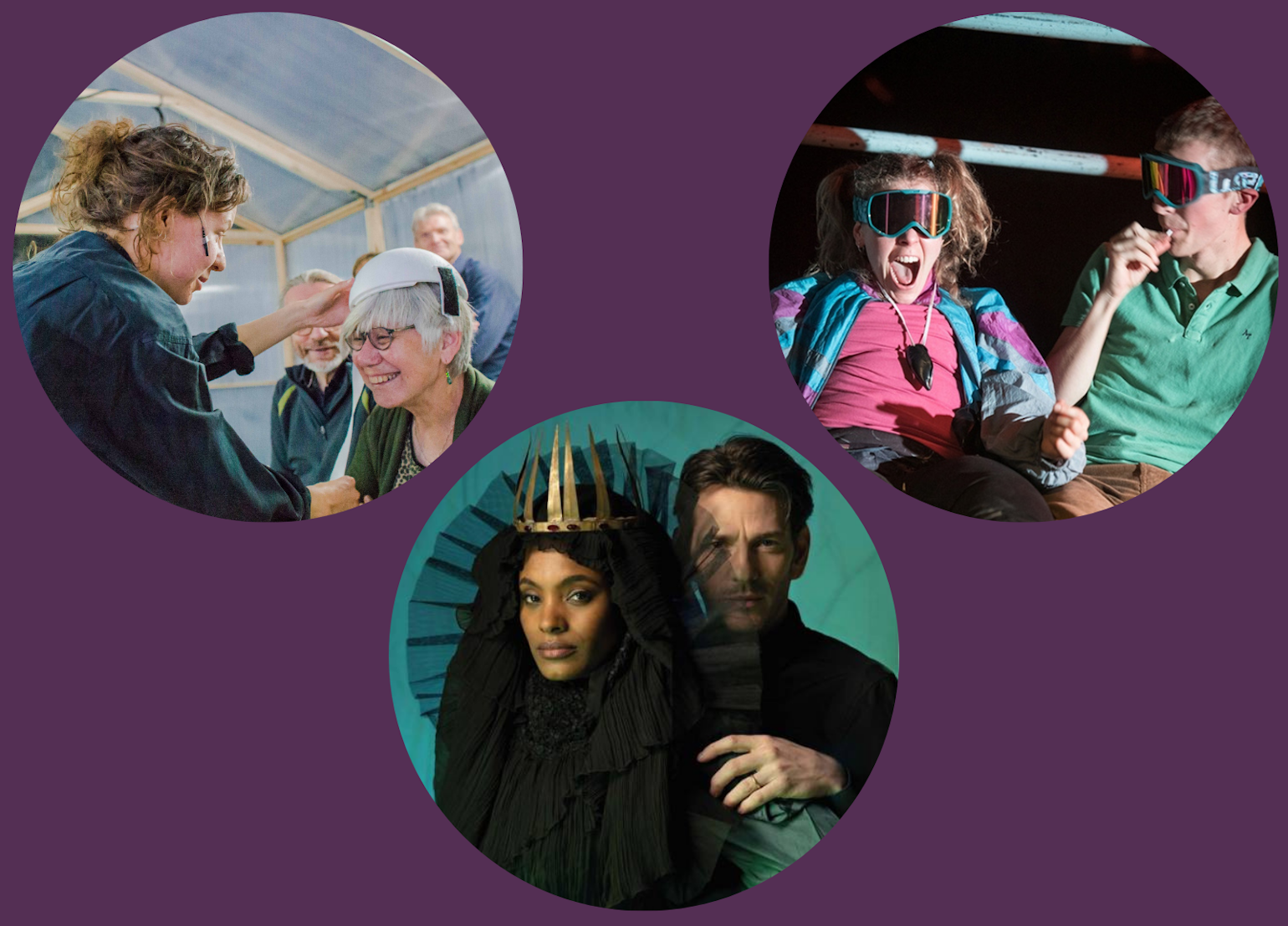
Each in their own way they break through the fourth wall.
It's often the external eye that provides unexpected insights. As a dramaturg I’m more than aware of that. When in 2001 I was asked to write an article for a French publication about Ensemble Leporello, Needcompany and the later Comp. Marius, it was initially a mystery to me why the editors wanted to shed light on those Belgian theatre companies as a threesome, since to my eyes they were entirely different. The answer was surprisingly enlightening: "Because each in their own way they break through the fourth wall". For me this was simply an obvious thing to do, an achievement of Flemish theatre since the 1990s. For my French clients, however, it was anything but.
Writing and creating
Conversely, another typical characteristic of Belgian and more specifically Flemish theatre became a reality only when I worked as a full-time dramaturg at Theater Artemis in the Netherlands from 2005 to 2014, which meant I was able to look at my theatrical homeland from a greater distance. Although in that period Theater Artemis was a company partly focused on texts, in the space of ten years there were only two performances for which the creators had also written the script. It was no accident that in both cases the plays were created by Flemings, two of whom are also included in the ‘Ivre de mots’ collection: Raven Ruëll (b. 1978) and Jan Sobrie (b. 1979).
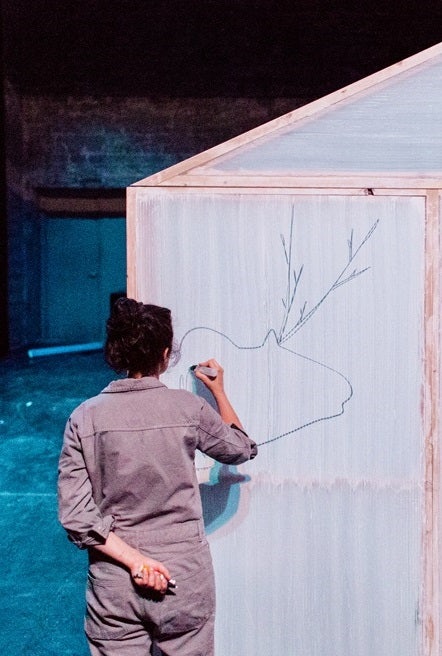
In Flanders the writing and the theatrical production are often inseparably linked, in the sense that writers often put their own text on the stage, by being the first to produce, stage and/or act in the play.
So even within one and the same Dutch-speaking region, there is an essential distinction here. The Netherlands has more ‘independent writers for the theatre’, which is to say authors who write on commission, or on their own initiative in the hope that sooner or later their work will be performed. In Flanders the writing and the theatrical production are often inseparably linked, in the sense that writers often put their own text on the stage, by being the first to produce, stage and/or act in the play.
This is the case for the majority of Flemish writers in the ‘Ivre de mots’ collection. Bruno Mistiaen (b. 1959), who writes profoundly black comedies that sometimes knowingly seek out the boundaries of the decent, is the exception that proves the rule. He simply finds it ‘fun’ to write texts for the theatre, without having an actual performance in prospect, according to his biography on the site of De Nieuwe Toneelbibliotheek, which publishes his scripts.
Other languages
In total you’ll find seventeen texts by Flemish authors in the ‘Ivre de mots’ collection, written between 2014 and 2021, and together they chart the value and individuality of contemporary writing for the theatre in Flanders. I would immediately like to introduce two qualifications or corrections to that statement.
Firstly, the word ‘Flemish’ does not necessarily imply that all Flemish authors always write in Dutch, although that is the case in this particular collection. Both historically and in our own time, there are Flemish authors who write in other languages. The best-known historical example is Maurice Maeterlinck (1862-1949), the most frequently performed Flemish author worldwide, who wrote only in French. In view of his background as a child of the French-speaking bourgeoisie in Ghent, that should surprise no one. In those days it went without saying that the well-to-do classes in Flanders would use French. In the contemporary Flemish theatrical landscape too, there are Flemish authors who write in languages other than Dutch. Mokhallad Rasem, for example, who was born in Iraq, writes partly in Dutch and partly in Arabic.
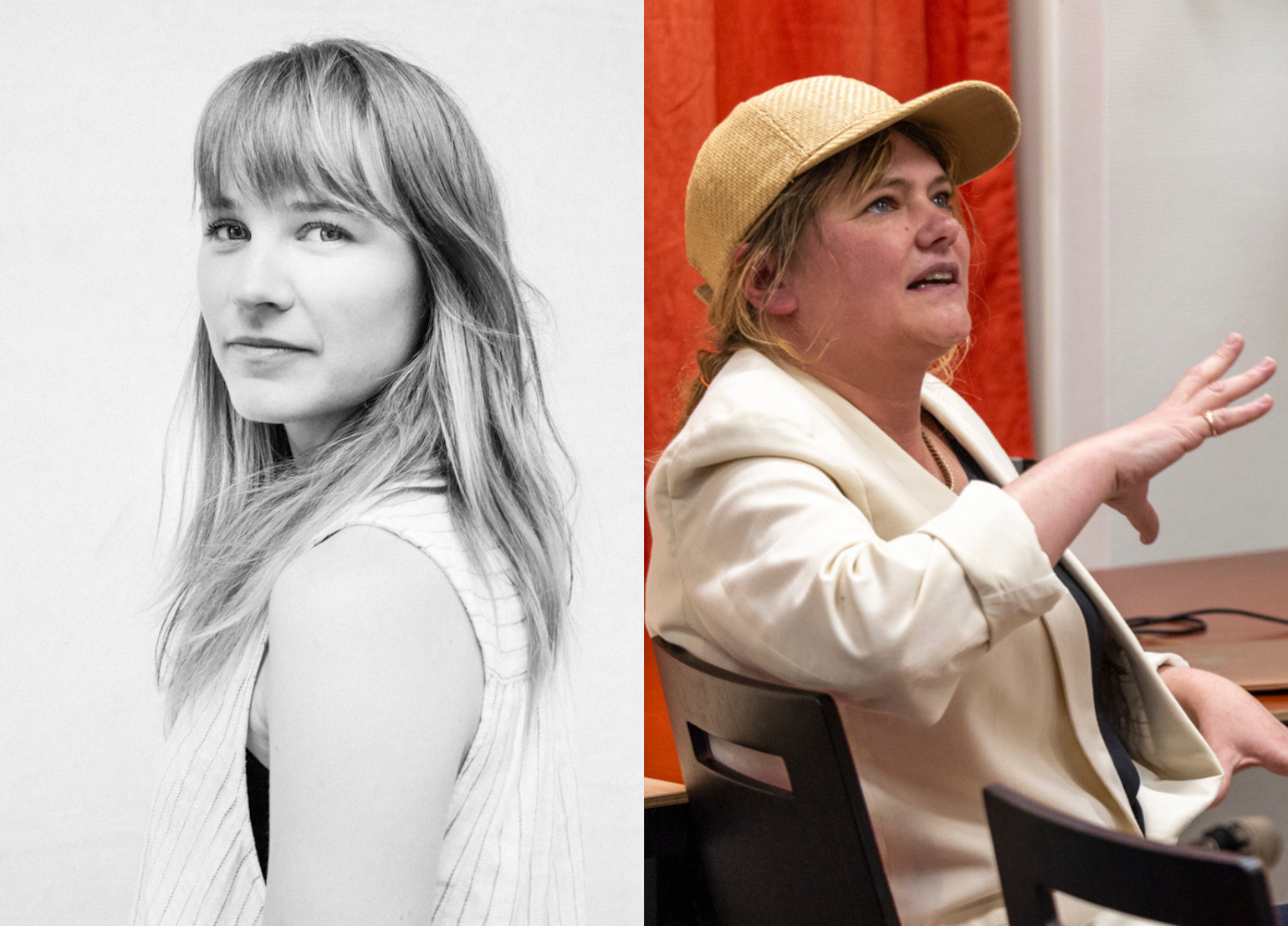
Secondly, Rebekka de Wit (b. 1985) and Anoek Nuyens (b. 1984), whose work is included in this collection, are both from the Netherlands, and live and work there. Because De Wit went to university in Flanders, however, and for a long time led the Antwerp theatre company De Nwe Tijd, she is regarded as an integral part of the Flemish theatrical landscape. Although the theatrical climate differs between the two regions, this kind of border traffic between Flanders and the Netherlands is not unusual.
At the writing desk and on the stage
It was also De Wit who, on 13 February 2024 in Leuven, opened the third Shakespeare is Dead, the first festival in the Dutch language area to focus entirely on writing for the stage. In her State of the Stage Writer address, she alluded to the fact that after her debut novel was published in 2015 she rediscovered the specific quality of the theatre, and of writing for it. Here too, therefore, distance led to insights: "I don’t know exactly what a writer for the stage is. I know that the theatre is the best place to make things public. I thought that writing a book would mean you really had written something, but it’s far more real when an actor has made the text their own and has articulated it in front of an audience. More corporeal, lively, mortal."
Stijn Devillé (b. 1974), too, who with his company Het nieuwstedelijk took the initiative in founding Shakespeare is Dead, is convinced as an author of the unique power of theatre, and even more of the value that is added when writing, acting and staging come together in an intense dialogue. On 7 September 2018 he spoke in the context of the TheaterFestival in Antwerp: "Writers for the theatre in Flanders are almost always the makers of theatrical productions as well. As were the greatest playwrights in history. Shakespeare. And Molière. And Chekhov. And Brecht. And Müller. And Claus. They don’t just know the language. They know the stage. What I find so wonderful about that is that it combines the best of two worlds. You can shut yourself away in your study for a while, to devote yourself fully to your research and your writing. I love working in solitude like that. But perhaps even more, I love the moment, a few months later, when I can share what I’ve written, if with some hesitation, with my actors. Knowing that they will add their talent to it. What a delightful feeling. … The fact that much new dramaturgy has come into being by that route in Flanders is a great source of richness. It gives the texts depth, nuance, colour, character.’ One specific characteristic of Flemish theatre, therefore, is that the distance between the desk and the stage is extremely small, sometimes non-existent.
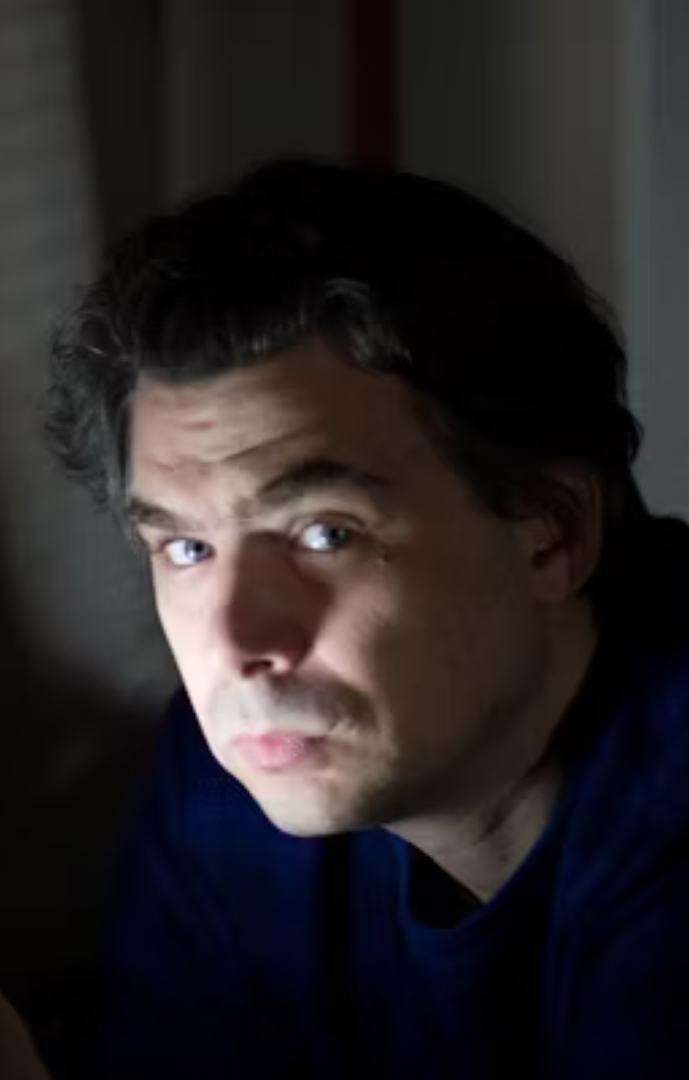
Writers for the theatre in Flanders are almost always the makers of theatrical productions as well. As were the greatest playwrights in history.Stijn Devillé
No repertoire is no tragedy
To explain why writing for the theatre in Flanders has developed in this way, I need to look back. Devillé points to historical examples, but they all come from language areas other than the Dutch, with the exception of Hugo Claus (1929-2008). Claus is just about the only Dutch-language Flemish author whose work is still quite regularly performed in his own country. But that does not mean that as a playwright Claus has created his own ‘school’. Flanders lacks a dramatic tradition. Hardly any original plays by Flemish authors have become part of the canon. In Flanders there has never been a Molière, a Shakespeare, a Goethe or a Lope de Vega. Even contemporary Dutch-language plays are rarely granted a second life in Flanders. If a contemporary repertoire is performed in Flanders at all (which rarely happens, in the professional circuit at least), then it’s more likely to draw upon writers in other languages, such as Jon Fosse or Duncan Macmillan, than, say, Tom Lanoye or Arne Sierens.
This is not merely a deficiency. There are positive aspects to it that have contributed to the uniqueness of writing for the Flemish theatre. Since the past did not weigh heavily, the generation of groundbreaking Flemish performing artists such as Guy Cassiers, Anne Teresa De Keersmaeker, Jan Fabre, Luk Perceval, Alain Platel, Wim Vandekeybus and Ivo van Hove operated in a (partially self-declared) vacuum, within which their oeuvre could develop strictly on their own terms. We have this in part to thank for the fact that, for example, the boundaries between theatre and dance, and no less so between professionally trained and non-professional performers, were broken through. The same happened with writing for the theatre. Those who set about it often went very much their own way. In that context there was a low threshold to starting to write. Because the author was no longer on a pedestal, the step towards writing was sometimes taken quickly. Peter De Graef (b. 1958), the only member of the previously mentioned generation included in the ‘Ivre de mots’ collection, is one example. In essence, De Graef’s great ambition was to become a novelist. Side by side with Eva Bal, one of the pioneers of youth theatre in Flanders, however, he discovered that an improvisational approach on the boards can lead to a valuable form of writing.
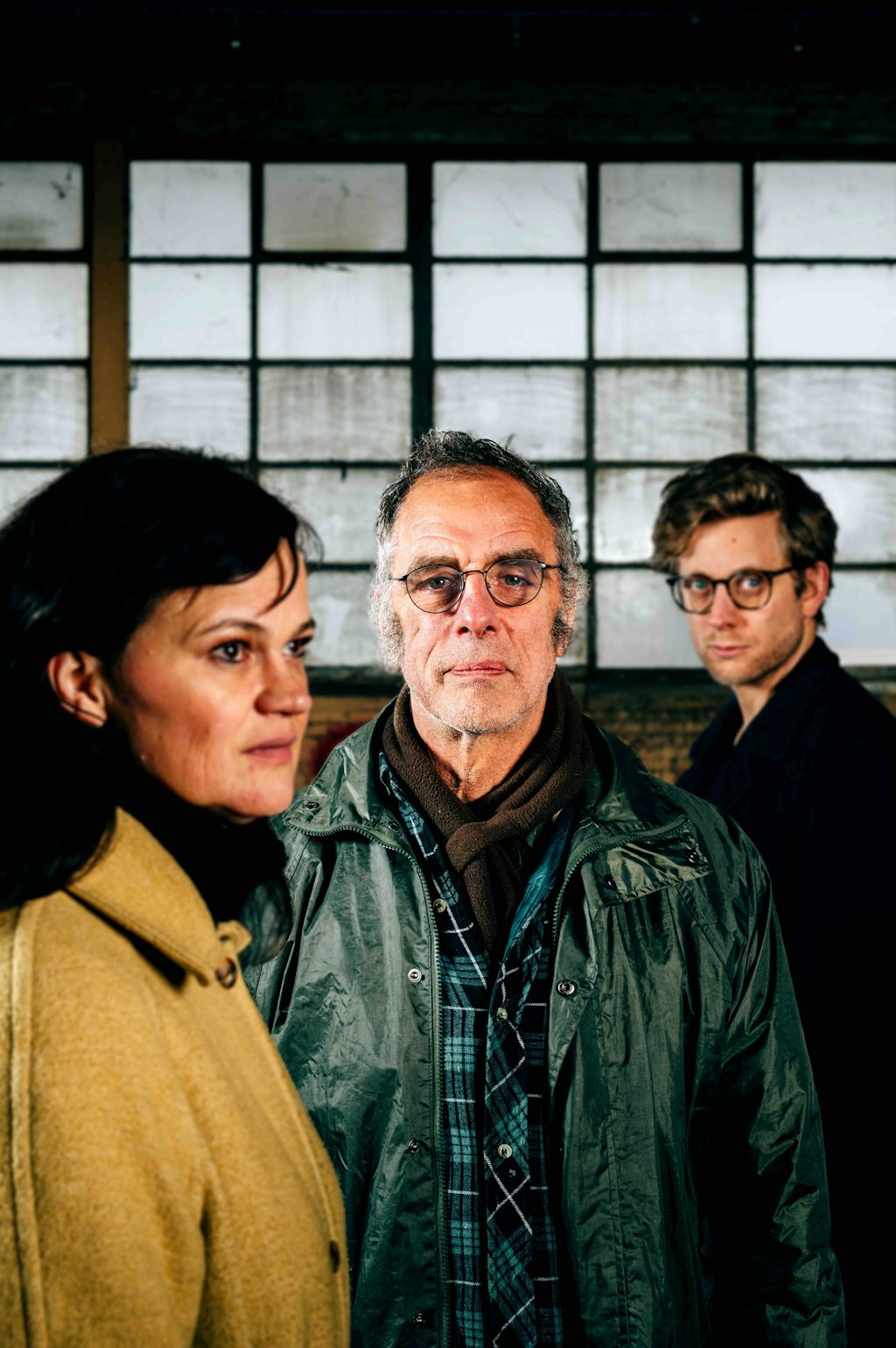
In essence, De Graef’s great ambition was to become a novelist. However, he discovered that an improvisational approach on the boards can lead to a valuable form of writing.
Collective writing
In an article published in the theatrical magazine ‘Etcetera’ in 2014, dramaturg Erwin Jans locates the seed of that evolution far earlier, in the late 1960s and early 1970s. The position of the text in Flemish theatre began to change, he claims, because of productions that grew out of the physical and ritualistic work of The Living Theatre and the so-called ‘poor theatre’ of Jerzy Grotowski. "The texts are no longer the beginning and end of the theatrical process; they are (merely) a part of that process. Texts come into being within a process of rehearsal and often have the status of a script or a scenario rather than an autonomous literary text. This is the start of the uncoupling of drama and literature that will be important in the further development of writing for the Flemish stage. In a number of cases the autonomy of the writer is surrendered to a collective writing process."
We prefer to do it ourselves
In the longer term, however, this democratization of ‘authorship’ in Flanders is no less a curse than a blessing. The link with the creation of performances gave writing for the theatre in Flanders a face of its own, but having lost some of its autonomy, the writing was at times not taken entirely seriously. It was regarded less and less as a skill in its own right, and sometimes reduced to a secondary phenomenon that was hurriedly added on. This ‘we prefer to do it ourselves’ carries a number of dangers with it. The choice of a specific form of language is sometimes less focused or conscious, or even absent altogether. This can lead to navel-gazing and superficiality. Perhaps out of a need to compensate in some way, over the course of the 1990s, especially on the part of large theatrical companies, appeal was increasingly made to literary authors to write for the theatre. Although in a minority, they are still around today. I’m thinking for example of Stefan Hertmans or Tom Lanoye, who are absent, however, from the ‘Ivre de mots’ collection.
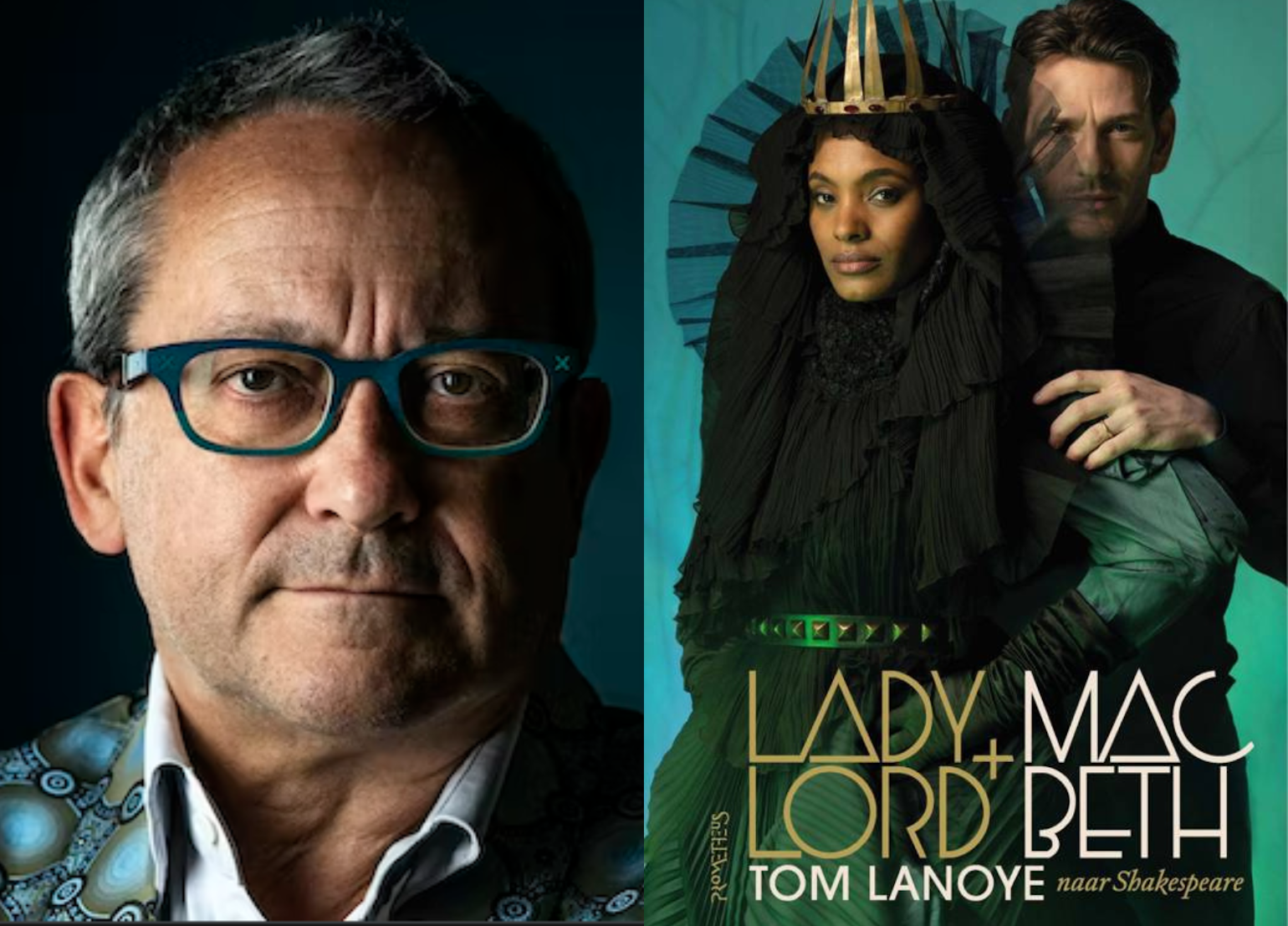
Reality and fantasy
Fast-forward twenty years. Central to the ‘Ivre de mots’ collection is a generation of writers who are plucking the fruits of the evolution that Flemish writing for the theatre has been through over the years. They are aware of the almost unlimited potential inherent in the combination of language and action on the stage. Freek Mariën (b. 1988) stands out as an example. Trained as an actor and director, he nevertheless sees himself as the author of autonomous plays that can be read and reprised entirely independently of their initial production. His The Wetsuitman was performed onstage in both the United States and the United Kingdom in English translation, a rarity for Flemish theatre. Mariën’s plays exhibit a deep consciousness of language and form; at the same time, they express great commitment to human beings and the world, and ever-increasing engagement.
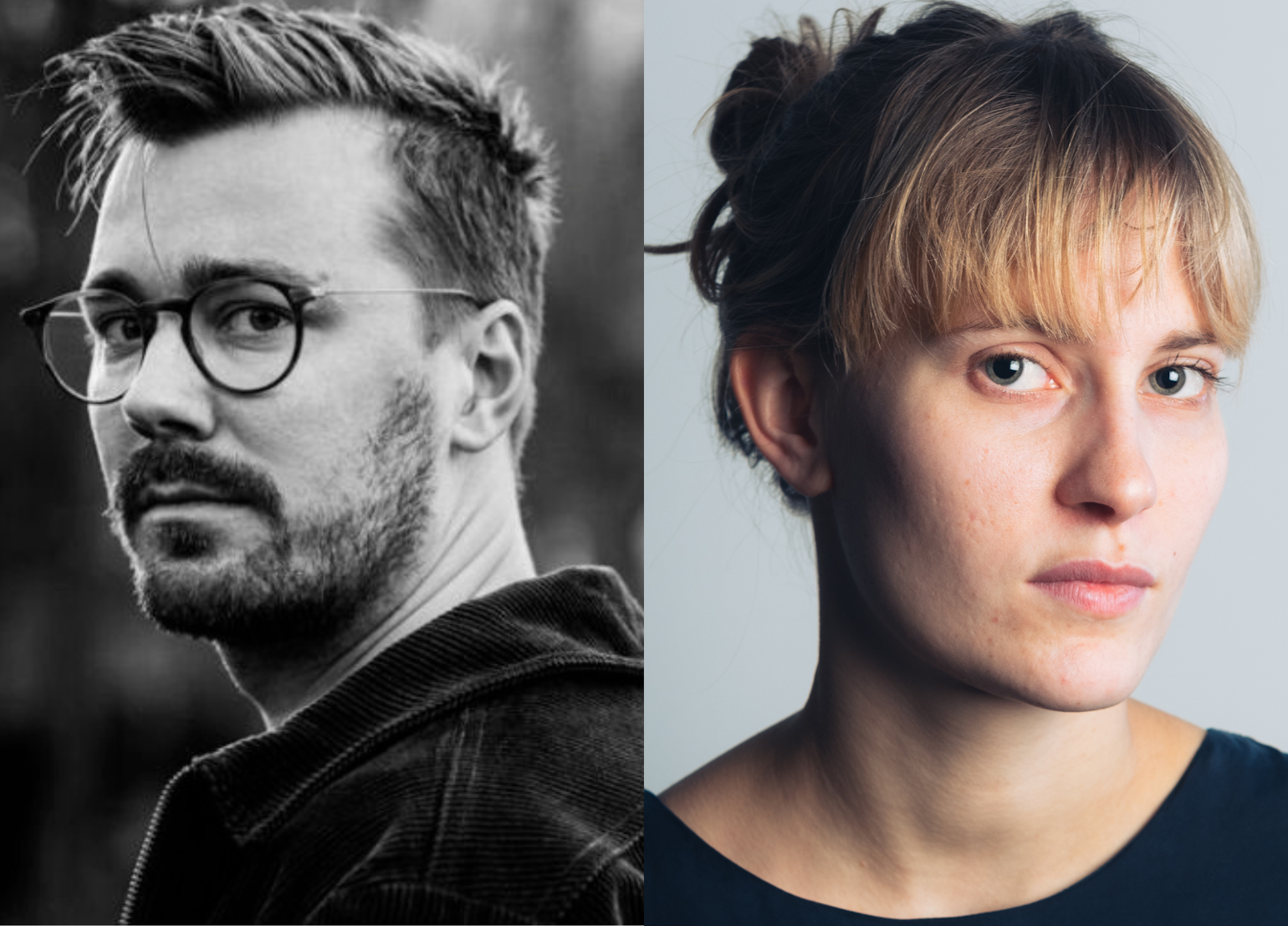
With respect to content, too, extremely diverse terrain is being explored. Striking in this collection is the possibly sharp contrast between texts whose purpose is fantasy and those with a documentary approach. Pieter De Buysser (b. 1971), for example, is the author of contemporary fairy tales that are impossible to classify, always brilliantly devised, of contemporary relevance and with a philosophical slant, in a surreal or magical-realist atmosphere. His ‘The Sun Without Sun’ is a dialogue between a master magician and an apprentice magician who decide to distance themselves from their trade. Standing in contrast to them is a writer like Jessa Wildemeersch (b. 1978), whose method is more verbatim. In Days Without Dates she takes as her starting point conversations with war veterans and other witnesses who have had a physical experience of warfare.
At the same time, this contrast between reality and fantasy can be artificial. Anna Carlier (b. 1994) creates fantasy worlds, the one yet more ominous than the last, that are nevertheless directly connected to the major concrete issues of our day, such as climate change and mental suffering. In ‘Jihad Journey’, Fikry El Azzouzi (b. 1978) investigates a possible parallel between jihadis and Eastern Fronter Volunteers (Belgians who fought on the side of Nazi Germany on the Eastern Front against the Soviet Union in the Second World War). He places their convictions physically and mentally in the same time and space, and adds grotesque elements. In Enters / Exits, the starting point for Nico Boon (b. 1978) is his own autobiography and the biographies of others, but in the service of a good story he places them in a different framework and manipulates them. Stories give a person the footing they need, he concludes in a reference to Rebecca Solnit.
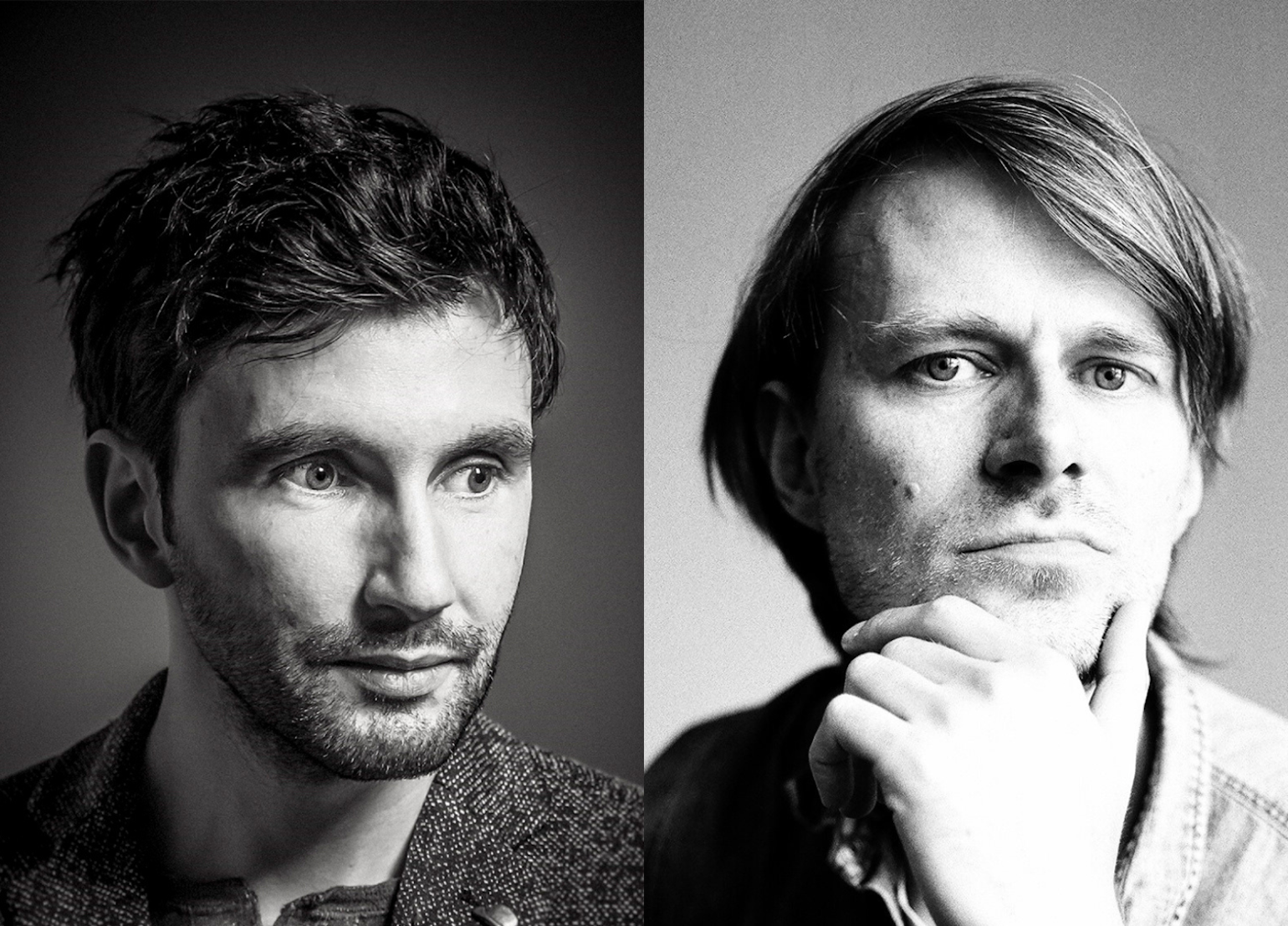
The publication of ‘Ivre de mots’ shows that in today’s Flanders there are almost as many theatrical languages and ways of working and thinking as there are writers.